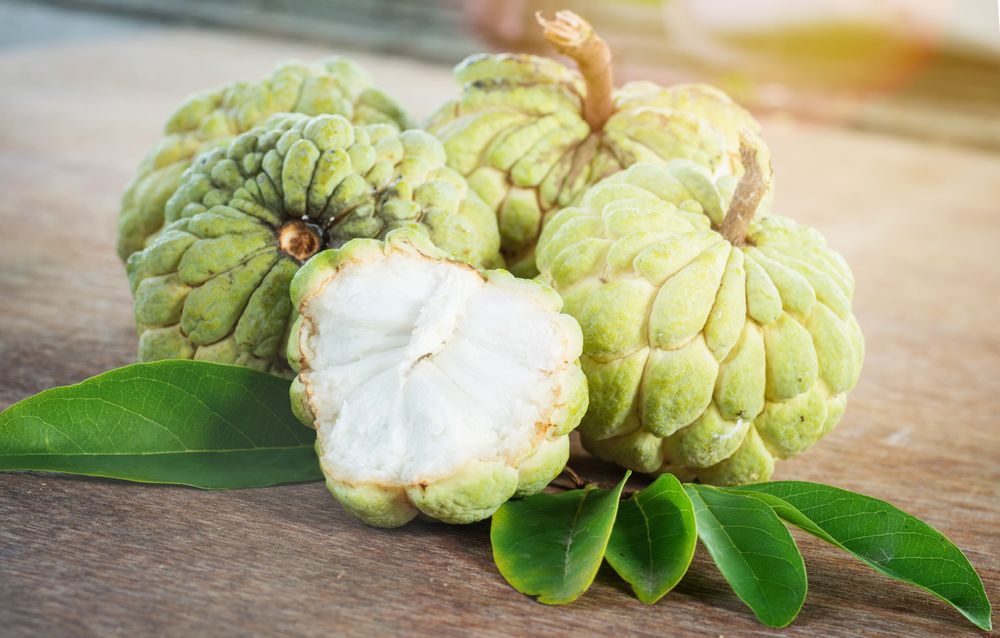New Delhi: Kale is a leafy green cultivar of the Brassica oleracea species, which also includes broccoli, cauliflower, savoy, kohlrabi, Brussels sprouts, cabbage, and collard greens. These vegetables have leaves in the shape of a cross (hence the name cruciferous).
Hair Care
With a rich supply of iron, vitamin C, and vitamin A, this vegetable is excellent for strengthening the hair and stimulating its growth. Nutrients like vitamin A are needed for the production of hair, and vitamin C is a key part of collagen, which is also crucial in the structure of hair. Furthermore, proper iron levels are required to defend against unwanted hair loss.
Skin Care
Lutein and zeaxanthin, along with various other flavonoids, are found in kale, and these antioxidants have been proven to be important for skin health. Carotenoids can neutralize free radicals in the body and lower levels of oxidative stress, including on the skin. This will help reduce the appearance of wrinkles and age spots, as well as blemishes and scars, and even increase the elasticity of your skin to help you look younger.
Weight Loss
With less than 40 calories in a single cup of this leafy green vegetable, you can get a strong boost of nutrients and antioxidants without compromising your caloric goals. If you are struggling with weight loss, kale can boost your metabolism and speed the process of passive fat-burning, helping you lose even more weight!
Lowers Blood Pressure
There is a notable amount of potassium found in kale (8% of your daily recommendation in a single cup), which makes this vegetable excellent for lowering blood pressure. As a vasodilator, potassium may lower the tension in blood vessels and arteries, which reduces blood pressure and reduces your risk of heart attack and stroke.
Improves Digestion
If you are constipated, adding leafy green vegetables like kale to your diet is extremely important. It is high in dietary fiber (with 10% of your daily requirement in every cup), which is good for bulking up the stool and stimulating peristaltic motion in the gut, thus reducing signs of constipation, bloating, cramping, and diarrhea.







